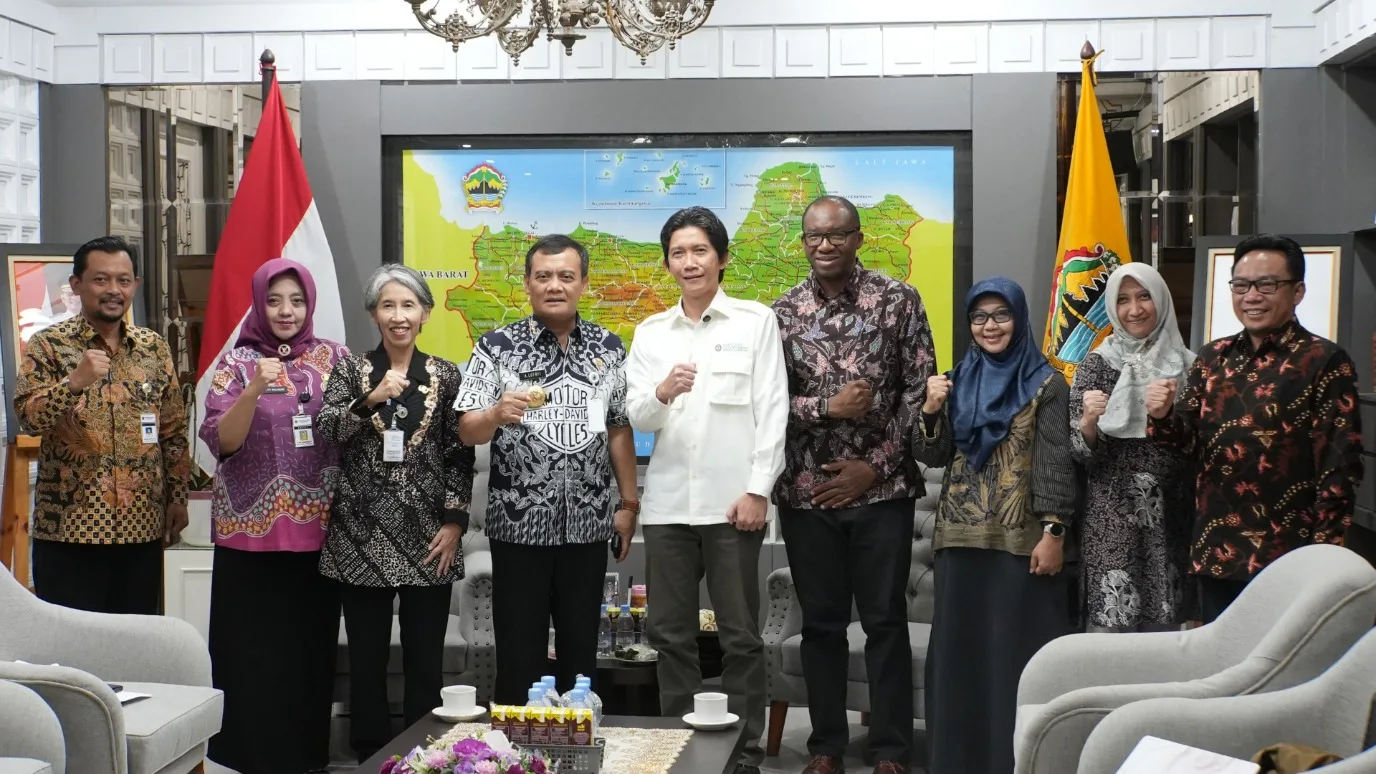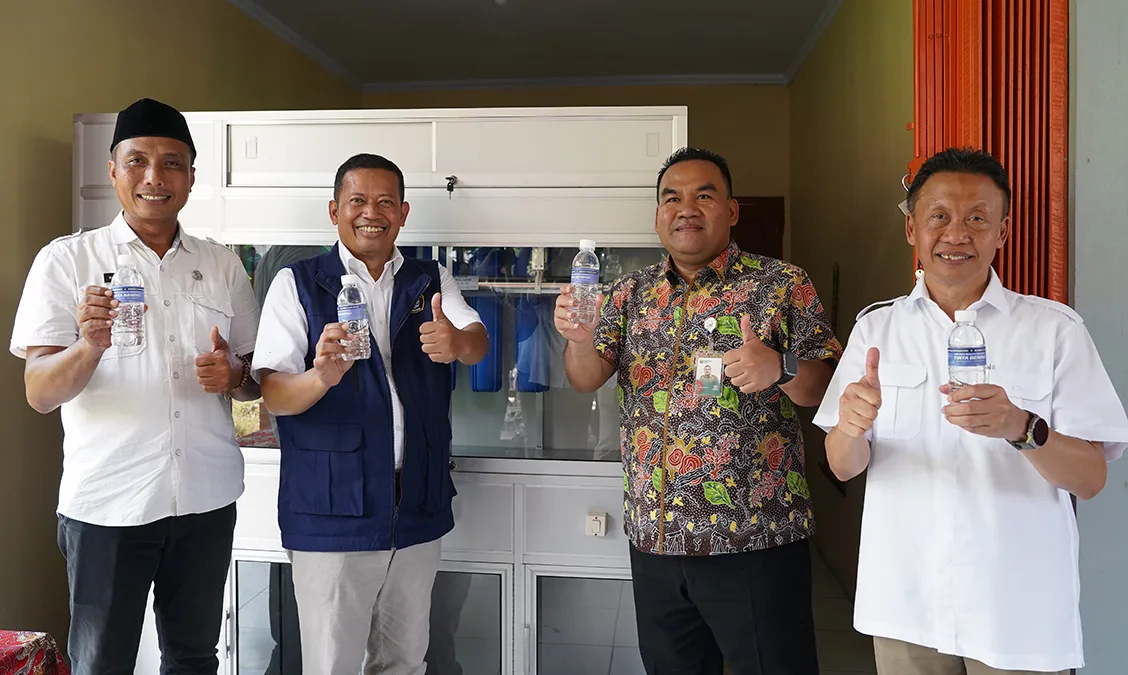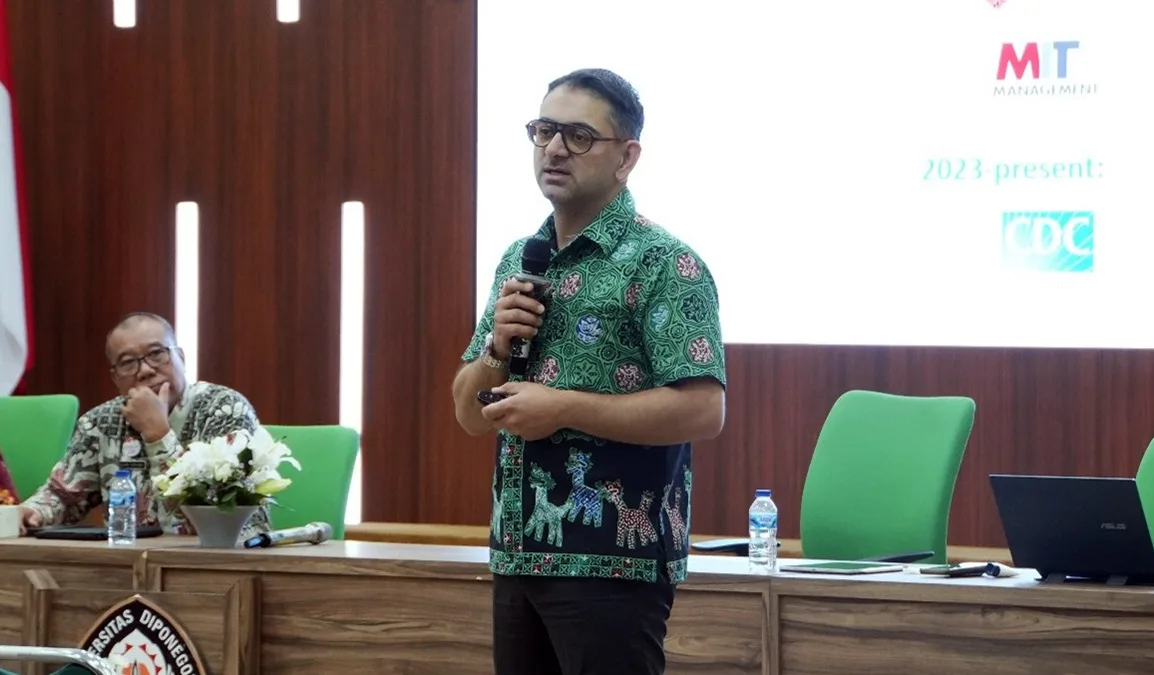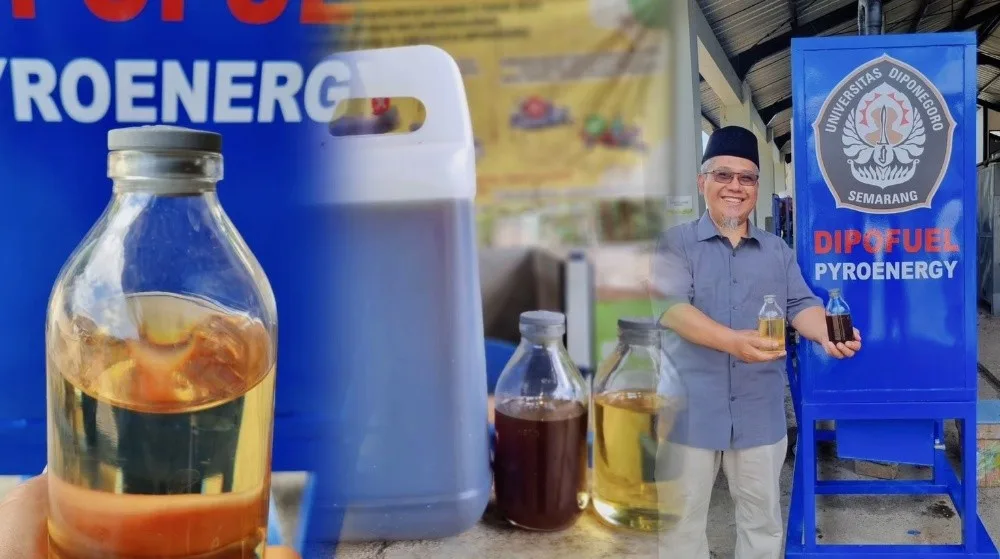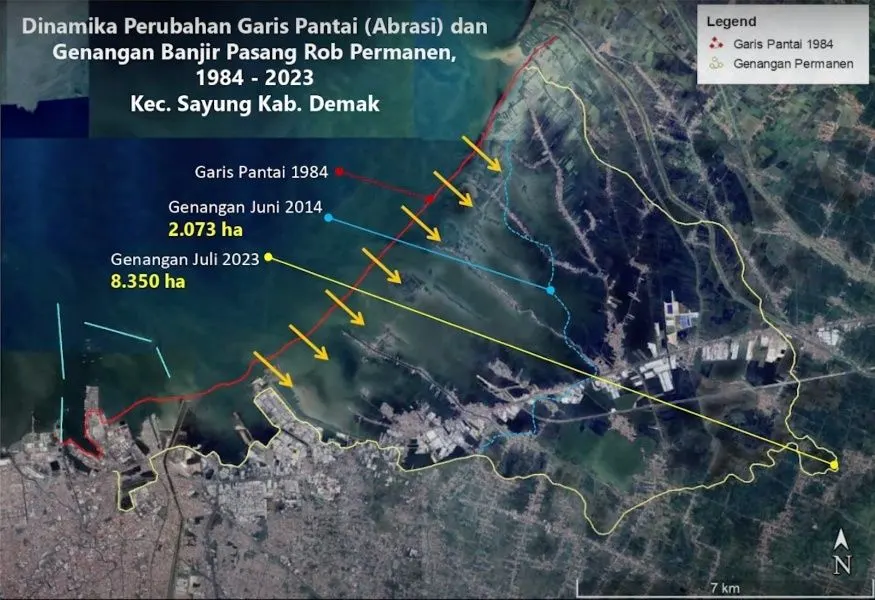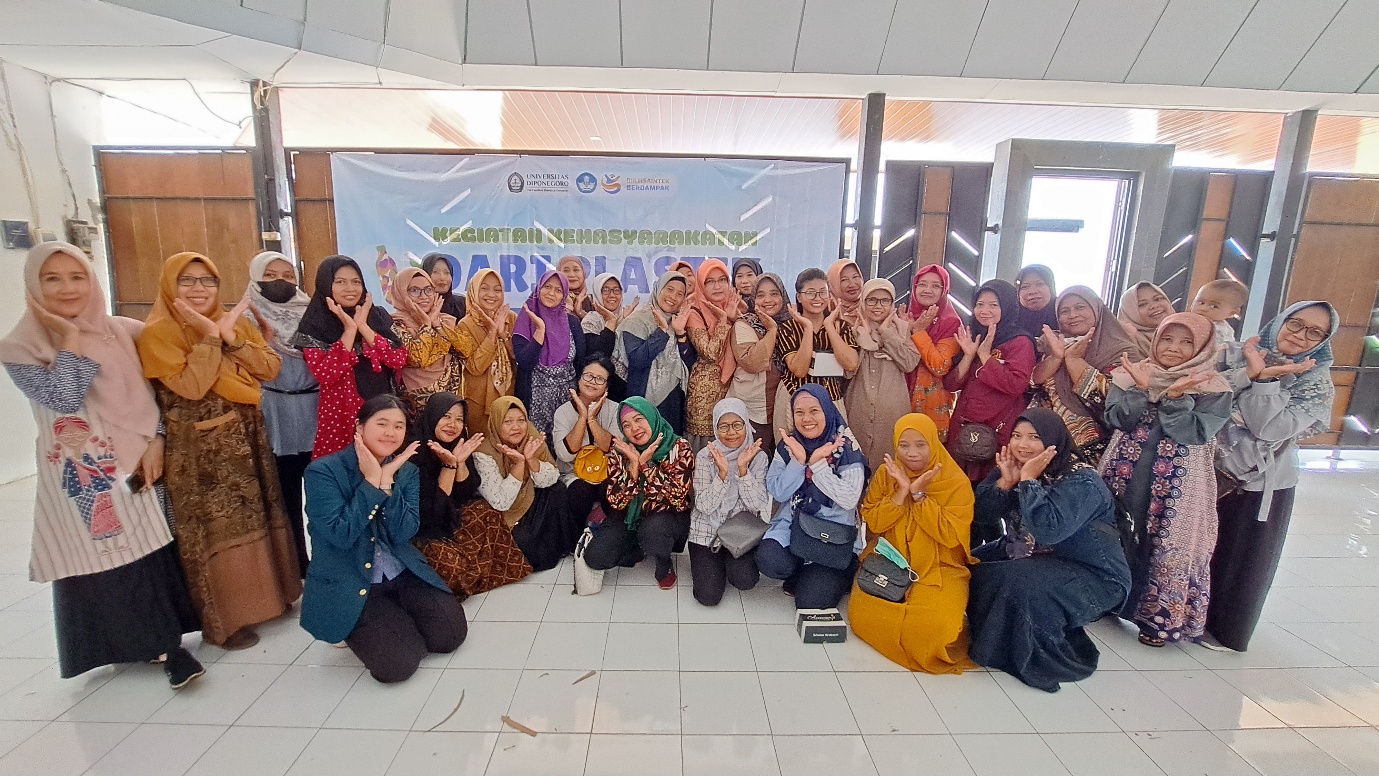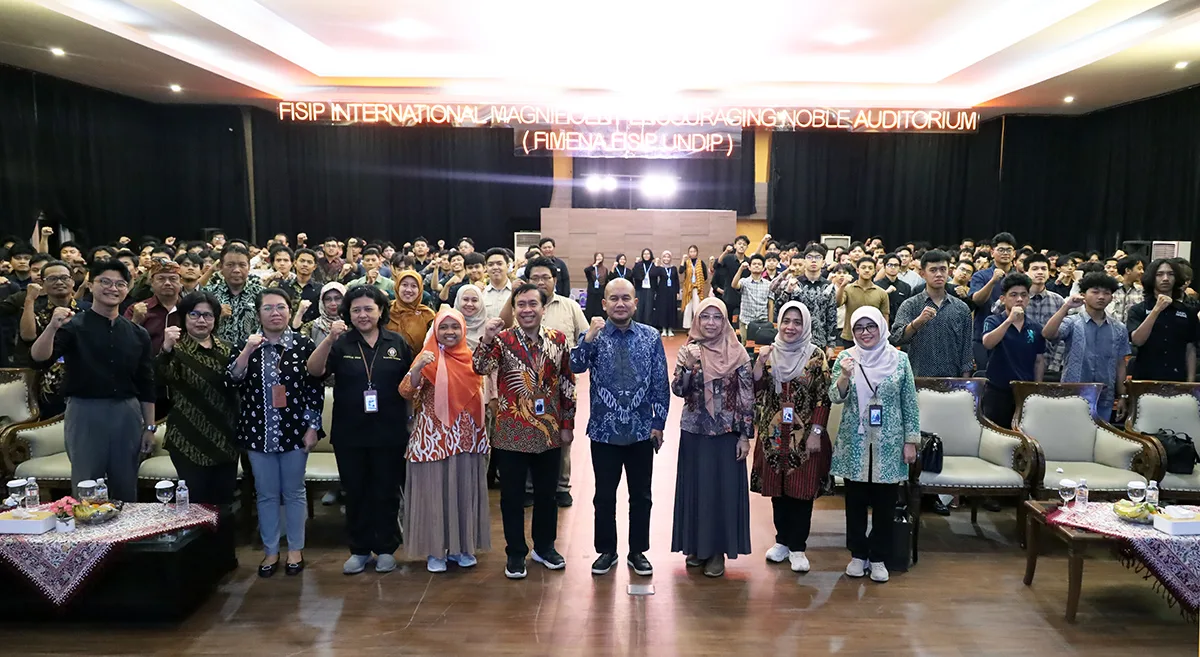UNDIP, Semarang (September 4, 2025) – The Student Consultation, Disability, Discipline, and Ethics Services Unit (UPT LKDPDEM) at Universitas Diponegoro (UNDIP) held a seminar titled “Strong Men, Silent Pain: Examining Toxic Masculinity and Quarter-Life Crisis in Men” on Thursday, September 4, 2025, at 1 p.m. The seminar took place at the Auditorium, 3rd Floor of Building A, Faculty of Social and Political Sciences (FISIP), Tembalang. It featured two speakers: Prof. Dr. nat. tech. , S.T., M.T., and Hasan Fathur Rozi, S.Psi., M.Psi.
Vice Rector I for Academic and Student Affairs, Prof. Dr.rer.nat. Heru Susanto, S.T., M.M., M.T., was present and delivered remarks, noting that toxic masculinity often pressures men not to show emotions. “Men often cover themselves up by not crying, not sharing their feelings, and so on. Yet those things are natural human responses,” he said.
He further explained that UPT LKDPDEM is one of UNDIP’s student support services. “For students, take advantage of this forum, and afterward, you can also access UPT LKDPDEM. This unit is designed to accommodate sharing, cases, problems, consultations, and more. UNDIP creates it to serve students, not only academic matters, but also personal ones that may require advice, suggestions, or just someone to talk to. Confidentiality will, Insha Allah, be maintained,” he said.
The seminar aimed to provide students with a deeper understanding of the phenomenon of toxic masculinity and its impact on the quarter-life crisis often experienced by men. It also sought to create space for discussion, encouraging male students to express their emotions healthily and to build awareness that crying and sharing stories are not signs of weakness.
In his presentation titled “A Man’s Journey: Finding Strength and Overcoming the Quarter-Life Crisis in Men,” Prof. Dr. nat. tech. Siswo Sumardiono, S.T., M.T. explained, “Seventy-five percent of men aged 25 to 30 experience a quarter-life crisis. This fact can be attributed to internal factors, such as a commitment to goals and stress. External factors include a lack of support from those closest to them. What we can do is find friends on the same wavelength to accompany us.”
He added that a “strong man” is defined as “a man who prepares himself for the future and his struggles with resilience and determination—but that doesn’t mean he can’t be sad, angry, or cry,” he said.
Meanwhile, Hasan Fathur Rozi, S.Psi., M.Psi., presented material titled “Not Weak, Just Human: Understanding and Deconstructing the Stigma of Toxic Masculinity.” He explained, “Toxic masculinity is a concept that glorifies traditional male roles to an extreme degree. Anything done to an extreme is not healthy.”
He further noted, “The dominant traits in masculinity are dominance, aggression, and neglect of self-care. These tendencies lead people to avoid expressing emotions. It’s when we forbid ourselves to feel fear—yet fear is a signal that we are in danger. If you feel fear, it’s not because you lack courage, but because your body is signaling that danger is near. It’s a sign to prepare ourselves to face it.”
The seminar not only encouraged participants to gain theoretical insights but also to reflect on their personal experiences. Through the speakers’ presentations, students were expected to understand that being a man does not mean suppressing emotions, but rather managing them in healthy ways to face life’s challenges. (Public Communication/ UNDIP/ Syahra & As)



